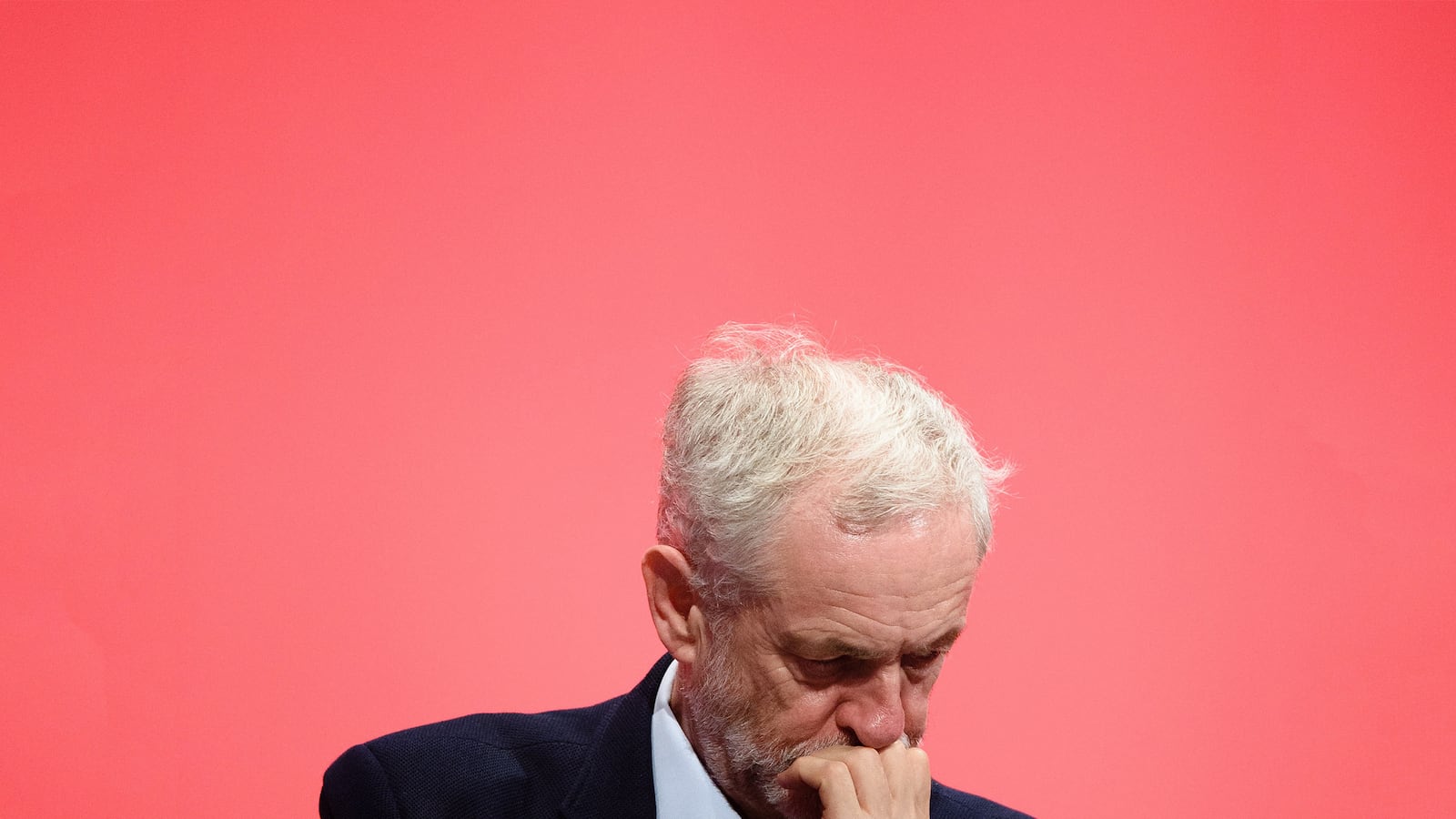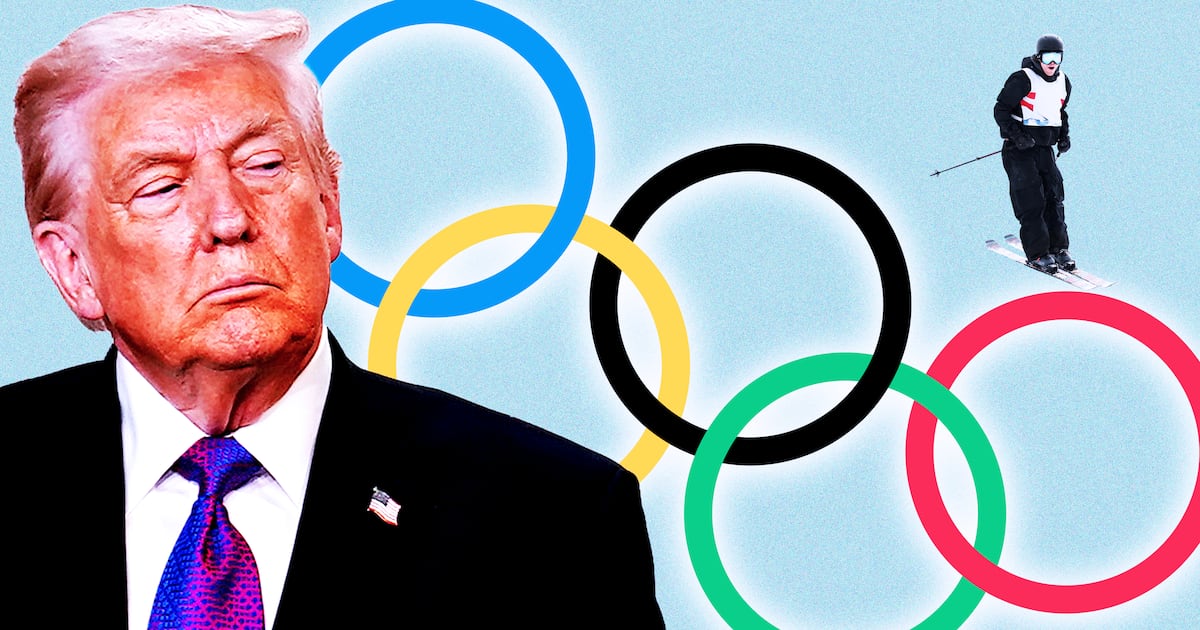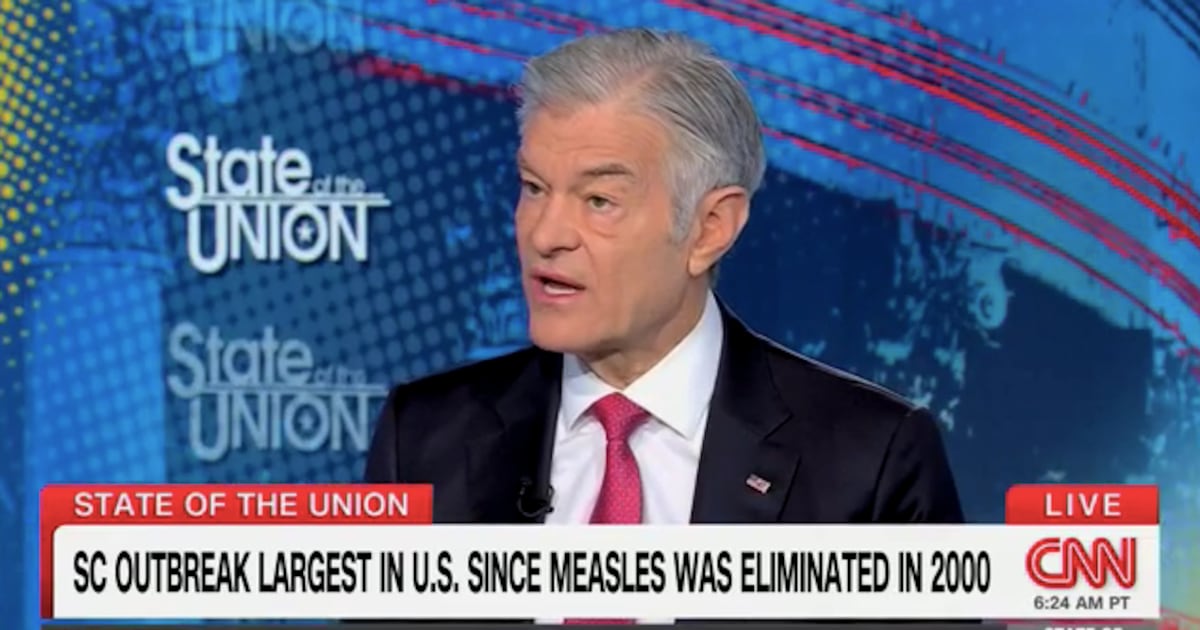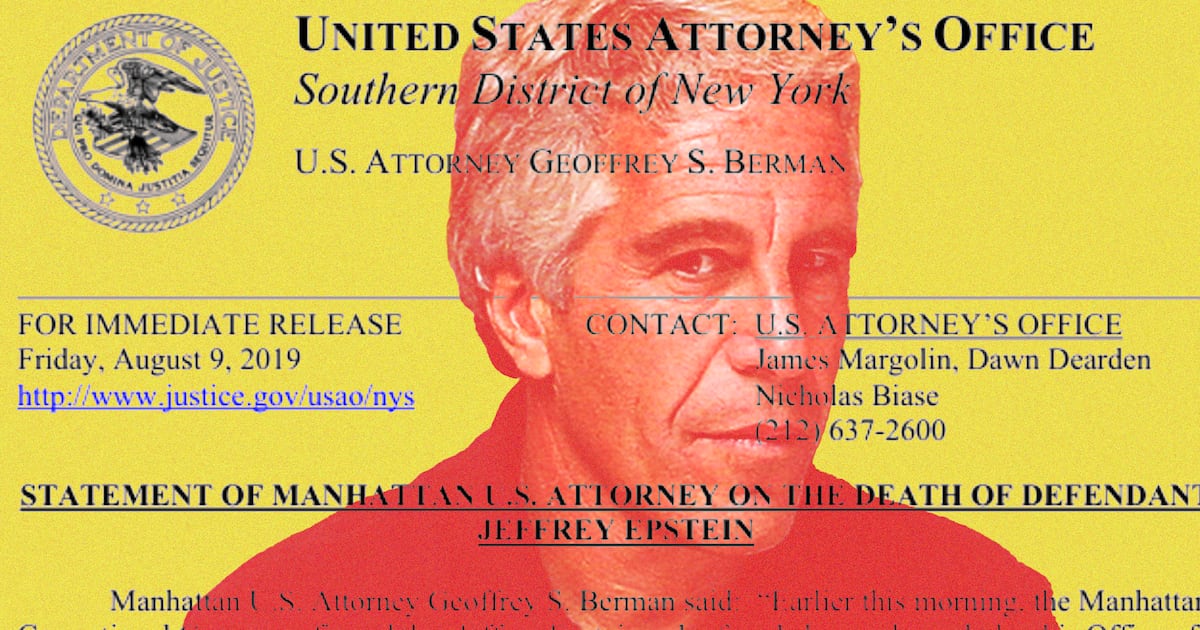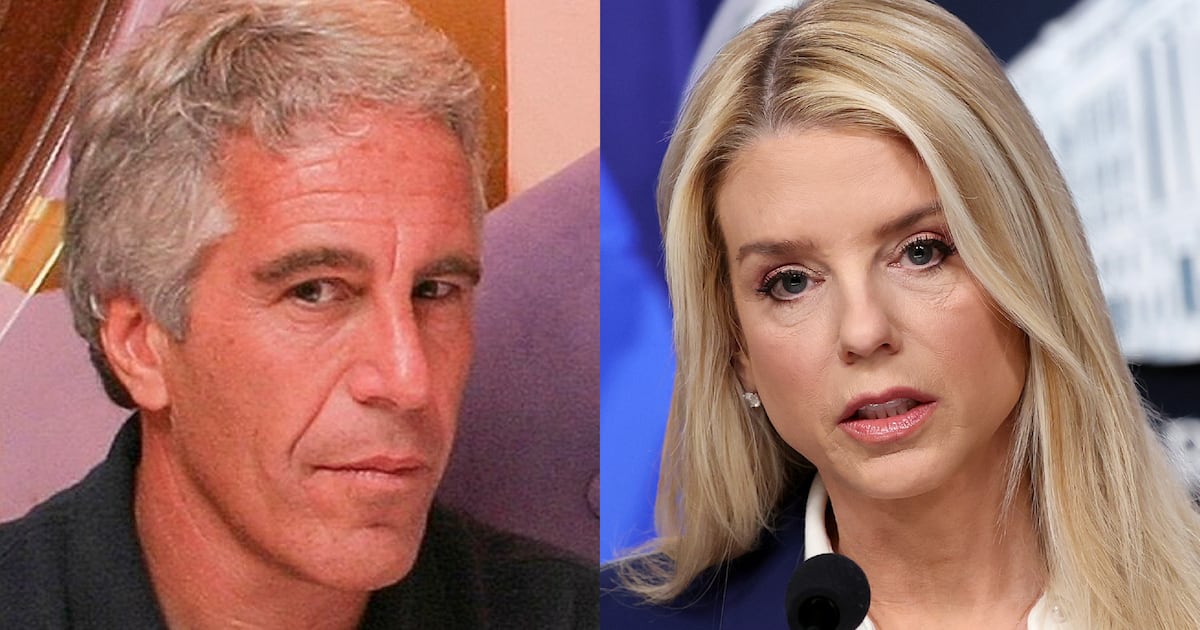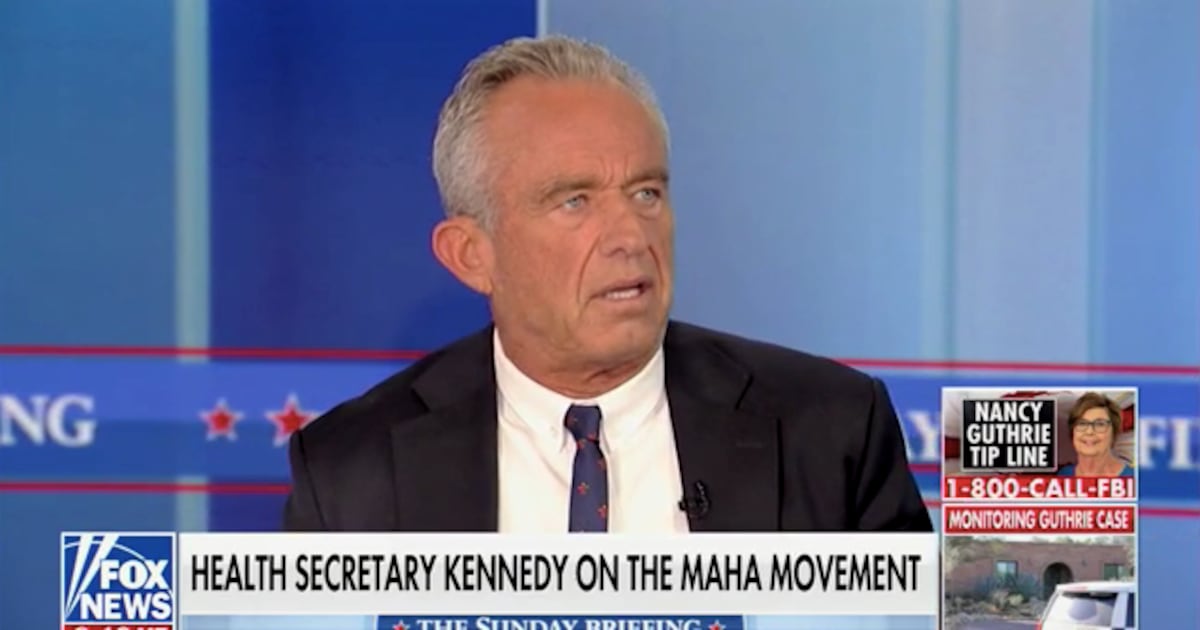LONDON—The Labour Party’s hapless left-wing leader is trying to stamp his authority over colleagues with a purge of the moderates, but his clumsy attempt at brutality has veered toward pantomime—leaving the plot to be branded “the night of the blunt knives.”
Jeremy Corbyn’s team spent weeks threatening to sack two high-profile members of Parliament who have openly contradicted the leader’s far-left and pacifist policy positions. When Corbyn realized he would face outright mutiny if he went through with the threats, he settled on firing two lesser figures accused of “extreme disloyalty.”
If their heads were being placed on spikes as a warning the others, there was little sign that the rest of the party would be scared into submission.
Three members of Corbyn’s frontbench resigned in protest on Wednesday, while a senior party figure admitted to The Daily Beast, “this is a complete and utter shambles.” One member of Corbyn’s frontbench team told me that the leader wanted colleagues who would back his “hard left” political agenda regardless of the policy of the party or the views of the British public.
Those who were sacked this week disregarded decades of British convention during Cabinet reshuffles, which would have seen them disappear quietly into the night claiming that they were looking forward to spending more time with their families. Instead, they took to the airwaves to describe their sackings in great detail.
Pat McFadden, the shadow minister for Europe, said he had been fired for saying this to Prime Minister David Cameron in the House of Commons:
“May I ask the Prime Minister to reject the view that sees terrorist acts as always being a response or a reaction to what we in the west do? Does he agree that such an approach risks infantilizing the terrorists and treating them like children, when the truth is that they are adults who are entirely responsible for what they do? No one forces them to kill innocent people in Paris or Beirut. Unless we are clear about that, we will fail even to understand the threat we face, let alone confront it and ultimately overcome it.”
Michael Dugher, a Labour shadow minister for the last five years, was also fired. On Wednesday, he wrote on Twitter: “What reasonable, sensible person could possibly disagree with what @patmcfaddenmp said?”
The people who disagreed were Corbyn and his inexperienced communications director, Seumas Milne, a Guardian journalist and the former business manager of a communist periodical. They felt McFadden’s words were an implicit criticism of Corbyn’s sentiments. They were probably right. Corbyn has indeed sought to blame the West for the rise of ISIS and invited terrorists from the IRA and Hezbollah into Parliament.
The message from Labour high command was clear: Those clinging to the political center ground will be expunged.
The target Corbyn and his allies really wanted was Hilary Benn, who had humiliated his boss by giving a bravura speech in favor of bombing ISIS in Syria. Such a high-profile political assassination would have triggered an even greater revolt. Instead, Maria Eagle was demoted from her role as shadow defense secretary.
She believes that Britain should retain an independent nuclear deterrent. As it happens, that is also the policy of the Labour Party. But, crucially, it is not the view of Corbyn, who believes in unilateral nuclear disarmament. Eagle was replaced by Emily Thornberry, a former lawyer, who backs the view that the deterrent should be scrapped.
Kevan Jones, a veteran Labour MP, resigned from the defense team in disgust. “[Thornberry] knows nothing about defense as far as I can see it,” he said. “She’s been put in there to agree with the leader.”
Corbyn was elected Labour leader on a promise top introduce a kinder “new politics.” Even those who are sticking with him now beg to differ.
Wayne David, a Labour frontbencher who has not resigned from Corbyn’s team, said this was a “very sad” week for the party.
“Clearly Corbyn wants a shadow defense team who agrees with him, not party policy,” he told The Daily Beast. “Jeremy is clearly enamored with the politics of the Stop the War coalition, which is a far-left organization.”
David said he would remain loyal to Corbyn and his team—in spite of his obvious concerns—because that was the best hope for the party’s electoral fortunes.
“They’ve got a heck of a lot to learn,” he said. “I’ve decided to stay in there even though I’ve had disagreements with Jeremy because I want to help Jeremy climb up that learning curve as quickly as humanly possible.
“Winning the next election will be extremely hard, but that will depend on whether Jeremy is willing to work with and engage with people in a more positive way than he’s done so far. The onus is on him to learn the lessons of the last 100 days and to make sure that the Labour Party is turned into a credible party of opposition, but also more importantly a credible party of government—and we’ve a long way to go to do that.”
The two sacked shadow ministers will return to the backbenches along with the three men who resigned. That’s another five senior figures added to the plotters, who are trying to come up with a way to depose Corbyn from the party leadership.
His opinion poll ratings are historically low, and he has the support of only a tiny minority of Labour MPs in Parliament, but under party rules removing him from office remains extremely difficult.
Ian Austin, Prime Minister Gordon Brown’s former “enforcer,” who remains in Parliament, said the new Labour leadership team was in a terrible state. “God knows…It would have been difficult to predict that anybody could conduct a reshuffle so badly,” he told The Daily Beast. “I wouldn’t say I was an expert, but you wouldn’t need to be an expert to work out that this is a complete and utter shambles.”
Despite the difficulties, Austin believes an attempted coup to oust Corbyn is still a long way off. “He’s the leader we’ve got, isn’t he?” he said. When I suggested that he didn’t sound too happy about it, he laughed. “I’m overjoyed, jumping for joy!”

